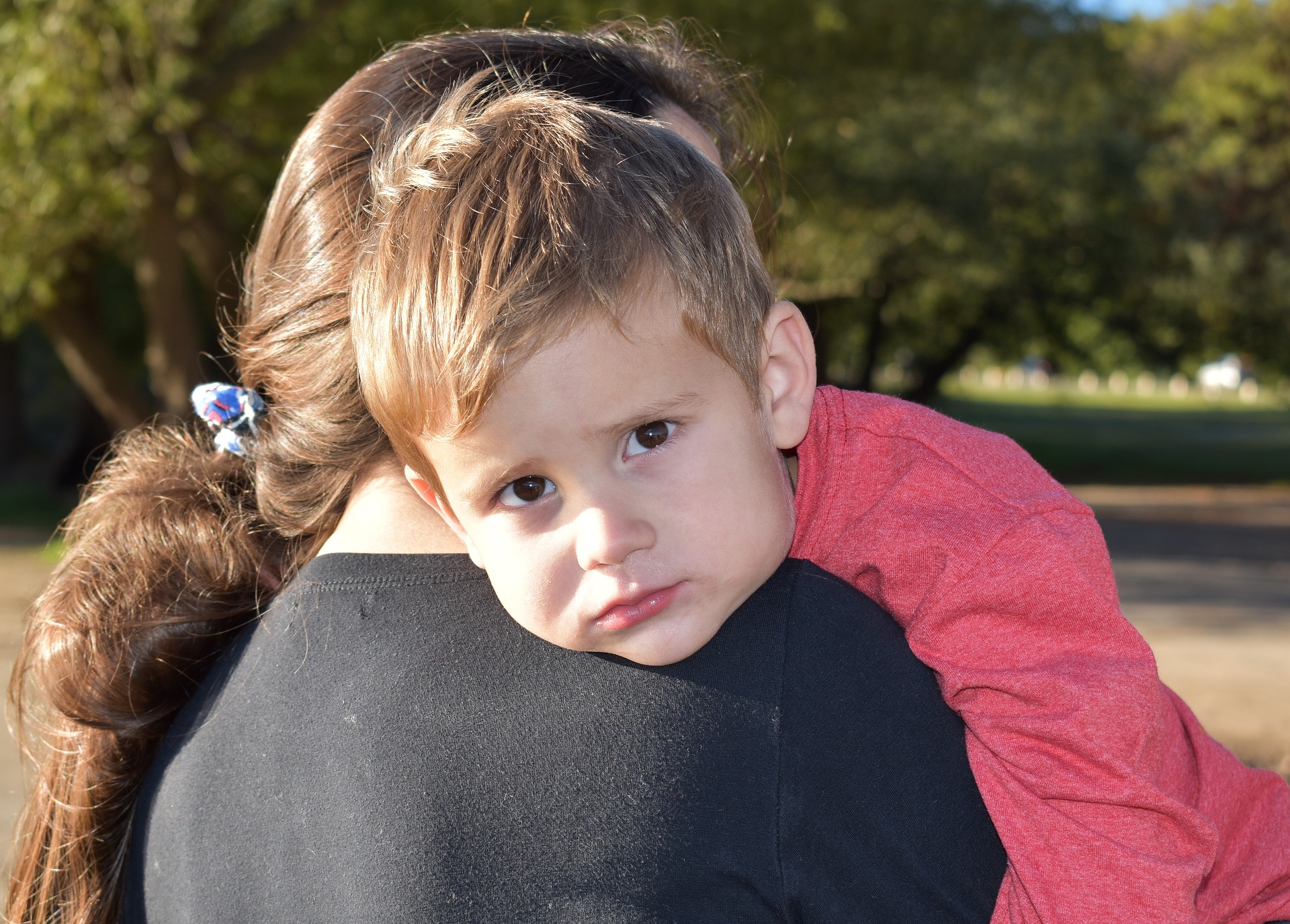How to Practice Empathetic Listening with Children
Empathy is an important trait for anyone to learn and one that holds much biblical significance as a character trait of Jesus. However, empathy — especially empathetic listening — is a virtue that is rarely shown to children in a meaningful and selfless way.
What is empathy? Empathy is identifying with the feelings, thoughts, or attitudes of another person, so that they feel understood by you. True empathy requires patient conversation and actually listening to one another, which is especially important when interacting with kids.
Why You Should Show Kids Empathy
Previous generations were known by the saying that children should be “seen and not heard”. Those who were raised by people with this belief felt misunderstood and unloved. But without good modeling, people often parent their children the same way they were raised. Due to the demands of life, it’s unfortunately much easier to go straight to correction or instruction with children, rather than frequently discussing feelings or ensuring they understand why we, as parents or adults, make the choices we do. Maybe we aren’t so good with our own feelings. But, in the long run, skipping talks about empathy or feelings makes life harder because kids will act out more when there isn’t a relationship built on mutual emotional connection and trust.
Our ultimate goal as parents or caretakers of children is to model Jesus — to show care for others by encouraging even little people to talk and share their feelings, as we use empathetic listening. This kind of listening shows respectful, compassionate, fully-present understanding. Here’s how to show kids empathy and practice empathetic listening with children.
First, Ask Yourself These 5 Questions
Imagine a child running to you screaming that “big sister is being mean.” It might be easier to just correct them and tell the kids to get along, but taking the time to show kids empathy requires that you stop, listen, and assure them that you want to hear all about it as soon as they catch their breath and can speak calmly.
As a parent myself and someone who works with children often, I’ve found it’s helpful to identify where my typical weaknesses lie as I practice empathetic listening with children. Here are five questions to ask yourself as a self-assessment, both before and during moments when a child has an issue and needs empathetic listening:
1. Do I jump to judgment or lack respect for the child’s feelings?
It’s easy to think you know all about the character flaws of the kids involved, and that whatever disagreement is happening is just them causing needless arguments. Regardless of history, assuming a child is in the wrong, or dismissing a situation without truly empathizing with or understanding the child, is not listening.
2. Do I have a hard time stepping out of my shoes and into that of the child’s?
You can’t legitimize a kid’s perspective until you’re willing to see things the way they do. The perspective and hurts of a child might be simpler, but they’re still just as important as those of an adult.
3. Am I fully present in this situation or am I thinking of other things?
If your mind is occupied by other tasks when you should be listening to the child, you can’t be fully present in their time of need. There’s no such thing as being so busy you can’t stop and make someone else feel valued — especially if that someone is a kid.
4. Do I plan my response while I should be listening well?
If you’re already thinking of what you’re going to say next while someone is speaking, you’re not truly listening. You’re jumping to snap judgments, while putting yourself and your emotions first. Listen first, respond second.
5. Am I making assumptions about the circumstances?
If you’re already making assumptions about a circumstance, it can be hard to ensure you truly understand what’s happening. Be sure to ask kids follow-up questions after to see if the way your mind is filling in the gaps is accurate.
Show Kids Empathy Before Honesty
Another thing to recognize when practicing empathetic listening with children, is that empathy doesn’t necessarily mean agreement. Showing empathy is demonstrating understanding and a willingness to connect with someone in a way that makes them feel heard and loved. It doesn’t mean that you agree with all of their choices or actions.
Sometimes, as parents or Christians, we worry that if we don’t immediately disagree with an unbiblical sentiment or belief we’re implying agreement. However, it’s important to save correction for any wrongdoings until after understanding has been achieved on both sides.
A good motto to follow is “empathy before honesty.” This means that you’re repeating and recognizing the child’s thoughts and feelings, without adding in your own commentary. Once the child feels understood and has talked about the situation, they may see their error on their own and come up with the solution themselves. If not, they will still be more ready to hear your perspective after you’ve heard theirs. Kids have a keen sense of fairness, so if they aren’t heard, it doesn’t feel fair.
Remember: their eventual ability to practice empathy themselves ultimately depends on how well you model it for them, time after time!
Show Kids Empathy Like Jesus Did
Showing kids empathy also helps them relate to what Jesus did for us. Jesus is described in Hebrews 2 as becoming fully human in every way so that He might become an empathetic high priest for us, and one who has been tempted in every way like we are and has experienced all kinds of human suffering. He went to great lengths to literally put Himself in our shoes! He let the woman at the well have her say. He gave eye contact and meaningful touch to lepers. He cried with Mary and Martha even though He knew he would raise Lazarus from the dead soon anyway.
Jesus is the best example of empathy, and today’s modern day emphasis on empathy is the world identifying the sort of kindness we see in Jesus. Let’s learn how to practice it ourselves and teach kids empathy by modeling it well
This content is from the CEF podcast Teach Kids. Listen to more content like this on the Teach Kids podcast through your favorite podcast platform. #TeachKids #KidsMin
How to Lead a Child to Christ: Counseling for Salvation
Leading a child to Jesus can be both exciting — and frightening. What if you say the wrong thing? What if she asks a question that you don’t know the answer to? How do you know if the child is sincere?
What To Do When Sunday School Lesson Ends Early
Your Sunday school class was going great! Jesus had fed the 5,000 and Jaxon was tracking right along with the story.
How to Keep Kids’ Attention in Sunday School Class
I’m on the children’s church teaching team at my church. I teach the younger group, which range from 3-6 years old. They are hilarious, sweet, and sometimes just plain squirrely! If something hits them funny it can be so easy for them to get distracted and before I know it they aren’t paying attention anymore!
Stay Connected with CEF
Subscribe to our email lists to receive updates, news, and stories based on your needs and interests.




